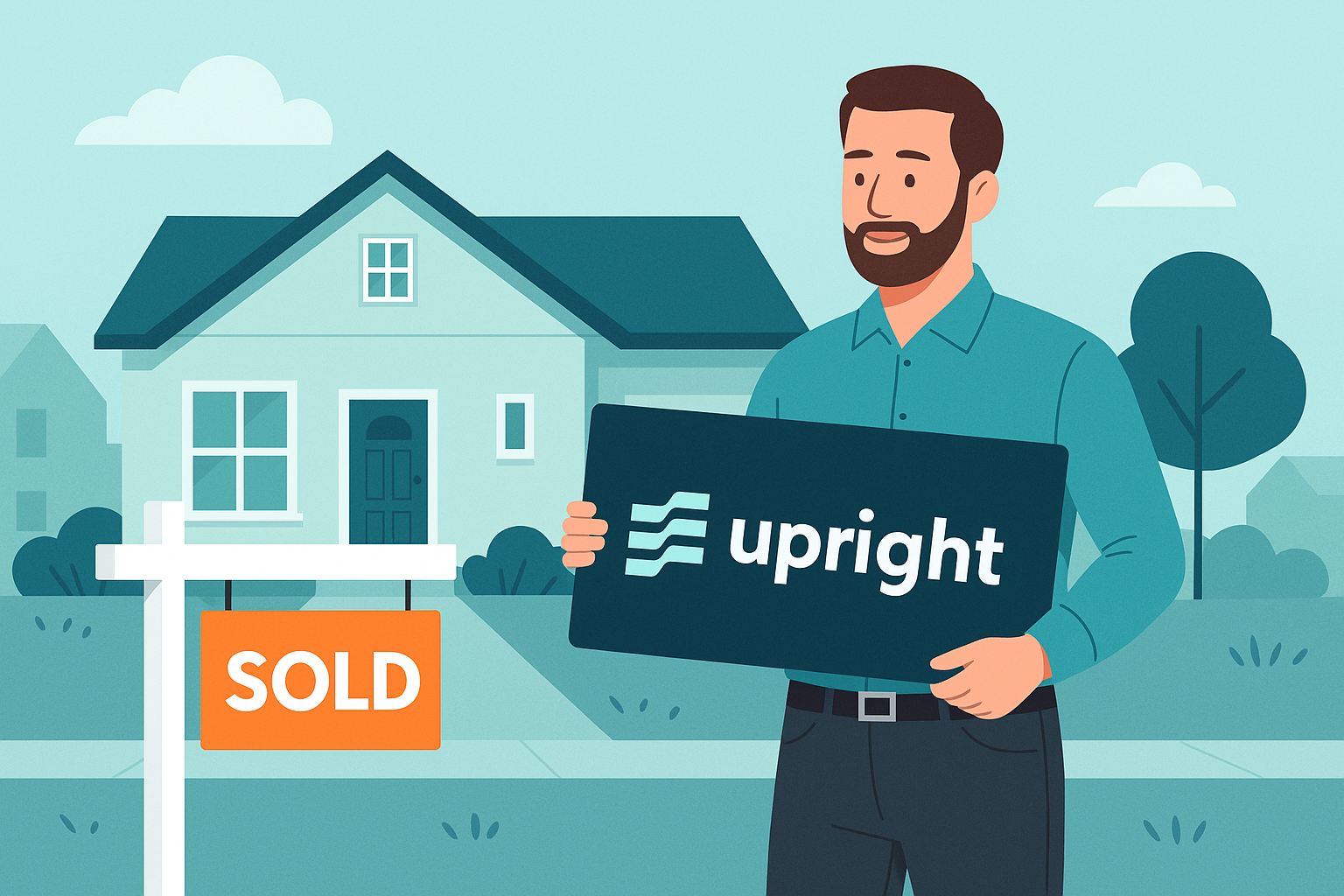As an accredited investor, you probably recognize the benefits of diversification — such as holding real estate in your investment portfolio. Historically, investors’ options for investing in real estate depended on who they knew and how much money they had to invest. Real estate crowdfunding changed the game for many investors, allowing them to gain access to a desirable asset class from the comfort of their homes.
To get an overview of real estate crowdfunding, what it is, and the types of opportunities available, read our blog: Crowdfunded Real Estate Investing: An Overview.
Below, we dive deeper into the world of investing in real estate online, including how it differs from other types of real estate investing and why it’s considered an attractive option by many investors.
Debt investments vs. equity investments
One important distinction for anyone investing in real estate online is understanding the difference between debt investing and equity investing. Debt investing, also known as debt lending or debt crowdfunding, is how passive investors with Fund That Flip are generating income. An investor invests in a type of security — for example, the borrower dependent note — with a fixed maturity date and interest rate. The investor earns money from the monthly interest on the loan, as long as it does not go into default, as well as an annual yield.
Debt crowdfunding can be an attractive investment option for investors who are looking for a fixed return within a fixed repayment term (e.g. nine months). Moreover, debt investments are generally considered to be less risky than equity investments, since they are secured by the first-lien position on a real asset.
With equity crowdfunding, an investor owns a stake of the investment with the anticipation that they will receive a greater dividend when its value goes up. Within real estate, this means the investor owns a piece of the investment and can then earn a portion of the profits. However, the risk is generally considered to be higher with equity lending, as the investment is unsecured, longer-term, and carries a higher risk of failure.
Online real estate crowdfunding vs. a REIT
You may be familiar with the concept of a REIT, or a real estate investment trust, which allows investors to invest in real estate without buying actual property. REITs purchase a mix of properties, such as retail outlets, storage facilities, and office buildings, and then rent or lease them to tenants. Investors then buy shares in the REIT to receive dividends from the REIT that is collecting rent from those tenants.
However, REIT structures can be difficult to understand. Investing in a REIT also requires higher maintenance costs and fees, with many of the profits going to the portfolio managers rather than the investor. Publicly traded REITs also track closely to the overall equity market, meaning that investors may still experience the volatility of the stock they were trying to avoid by investing in real estate in the first place. Similar to REITs, real estate crowdfunding offers you the ability to diversify your portfolio into real estate by pooling your capital with other investors.
 Similar to REITs, real estate crowdfunding offers you the ability to diversify your portfolio into real estate by pooling your capital with other investors.
Similar to REITs, real estate crowdfunding offers you the ability to diversify your portfolio into real estate by pooling your capital with other investors.
What’s a borrower-dependent note?
One common investment structure for real estate investing is called a borrower-dependent note (BDN). These notes are debt obligations issued by the platform you invest with and correlate directly with the performance of the real estate project you invest in.
The underlying note is typically a first-position mortgage or similar security. While the note that you purchase is technically unsecured, the terms of your note give you rights to the proceeds generated from the underlying note that is securing the real estate — hence the name "borrower dependent.” The collateral is not pledged directly to the holder of the BDN but, rather, is pledged to the indenture trustee under which the investors benefit as BDN holders.
Why online real estate crowdfunding is considered an attractive investment option
Let’s explore why many investors have added short-term residential debt loans to their online portfolios. First, these loans are typically short-duration, often between six and 12 months. This short-term incentivizes the borrower to rehab, sell, and repay as quickly as they can while maximizing the return on their equity. This means lenders also earn income in a relatively short time frame.
Secondly, these loans are secured by a first-lien position against a real asset with considerable equity. Typically, the borrower is required to put down 15%–20% of their own equity into the purchase of the property. Then the value of the asset increases as it is renovated, giving an equity cushion of around 30%–35%.
Finally, short-term debt lending offers a relatively high yield and current monthly interest. The average annual yield is typically between 8% and 10%, and the loans also pay interest each month, meaning you generate income, which can be reinvested to compound your returns.
Read previous or next article:


Ready to add real estate to your portfolio? Get started by creating a free account today:
Disclaimer: Projects funded and principal repaid are reflective of Fund That Flip's overall platform performance and are not necessarily indicative of the returns of any specific investment product offered.
Past performance is not indicative of future performance. Investors should not rely on forward-looking statements because such statements are inherently uncertain and involve risks. No returns are guaranteed and these types of investments involve a high degree of risk.
Neither the Securities and Exchange Commission nor any federal or state securities commission or any other regulatory authority has recommended or approved of the investment or the accuracy or inaccuracy of any of the information or materials provided by or through the website. Direct and indirect purchase of real estate property involves significant risks, including, but not limited to risk related to sale of land, market and industry risks and risks specific to a given property. Investments are not bank deposits, are not insured by the FDIC or by any other Federal Government Agency, are not guaranteed by Fund That Flip, Inc., and may lose value.
Fund That Flip, Inc. does not make investment recommendations, and this message should not be construed as such. This message is not an offer to sell or the solicitation of an offer to buy any security, which can only be made through official offering documents that contain important information about risks, fees and expenses. Any investment information contained herein has been secured from sources Fund That Flip, Inc. believes are reliable, but we make no representations or warranties as to the accuracy of such information and accept no liability therefor. We recommend that you consult with a financial advisor, attorney, accountant, and any other professional that can help you to understand and assess the risks associated with any investment opportunity. If and when Fund That Flip, Inc. is able to make investment opportunities available, only accredited investors who submit required verification will be able to invest.






